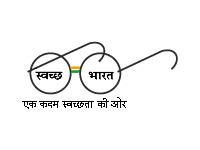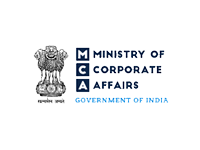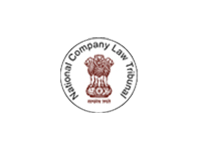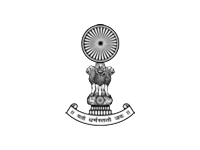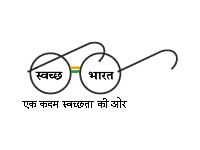Hon’ble Justice Sh. S.J. Mukhopadhaya

Shri Justice Sudhansu Jyoti Mukhopadhaya born on 15th March, 1950, is the son of late Shri Sarojendu Mukherjee who was a leading practitioner especially Constitutional and in Service law in the High Court of Patna. He passed the B.Sc. examination in 1971 from Magadh University and obtained his LL. B Degree in 1979 from the University of Patna. Enrolled as an Advocate on 18th May 1979 and practiced at the Patna and Ranchi Benches of the High Court of Patna in Constitutional, Service, Civil and Criminal matters. He was designated as Senior Advocate in February, 1993.
He was appointed as a permanent Judge of the High Court of Patna on 8th November, 1994. He was transferred on 15th November 2000 as permanent judge of the High Court of Jharkhand on its creation, where he served as the Acting Chief Justice for about a year and three months. On 31st August 2006 he was transferred and joined as the first Puisne judge in the High Court of Madras where he also functioned as the Acting Chief Justice for about five months. Thereafter from 8th December 2009 to 12th September 2011 he was the Chief Justice of the High Court of Gujarat.
On 13th September 2011 he was elevated to the Supreme Court of India from where he retired on 14th March 2015.
On 1st June 2016 he joined as the first Chairperson of the National Company Law Appellate Tribunal.
As a Judge he has decided several important civil and Constitutional cases and to name a few- like the "vires" of the Bihar Panchayat Raj Act, 1993, in which case it was held that the reservation limit of 50% is applicable so far as Article 243D of the Panchayat Raj Act is concerned. The reservation for the seat of “Mukhiya” or “Pramukh” or “Adhyakchh”, the seat being a solitary post would amount to 100% reservation, which is not permissible. Therefore, no reservation could be made for the aforesaid seat.
As a Judge of the Hon’ble High Court of Patna, Sitting in Division Bench he decided the ‘Fodder scam’ and ‘Bitumen scam’ cases. He was part of the Bench of the Hon’ble Supreme Court which held that Section 377 IPC does not suffer from the vice of unconstitutionality.
He was also part of the Bench of the Hon’ble Supreme Court which ruled that Section 8(4) of the Representation of the People Act, which allow elected representatives three months to appeal their conviction and not to give effect to the conviction by trial Court, as unconstitutional and further held that any Member of Parliament or Member of the Legislative Assembly or Member of a Legislative Council whoever is convicted of a crime and awarded a minimum of two year imprisonment, loses membership of such House with immediate effect.
After the retirement, he has been appointed as the first Chairperson of National Company Law Appellate Tribunal on 1st June, 2016. In his capacity as the Chairperson, he has delivered judgments explaining different provisions of newly enacted Insolvency and Bankruptcy Code, 2016 on which there is no precedent.







